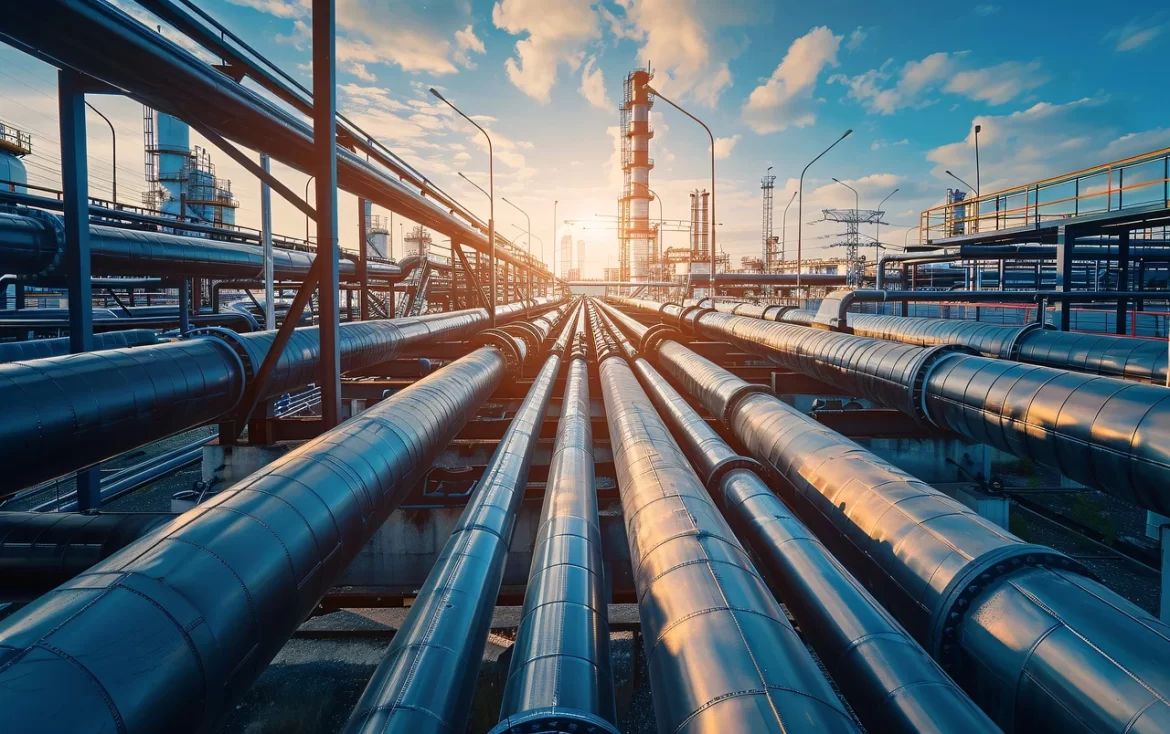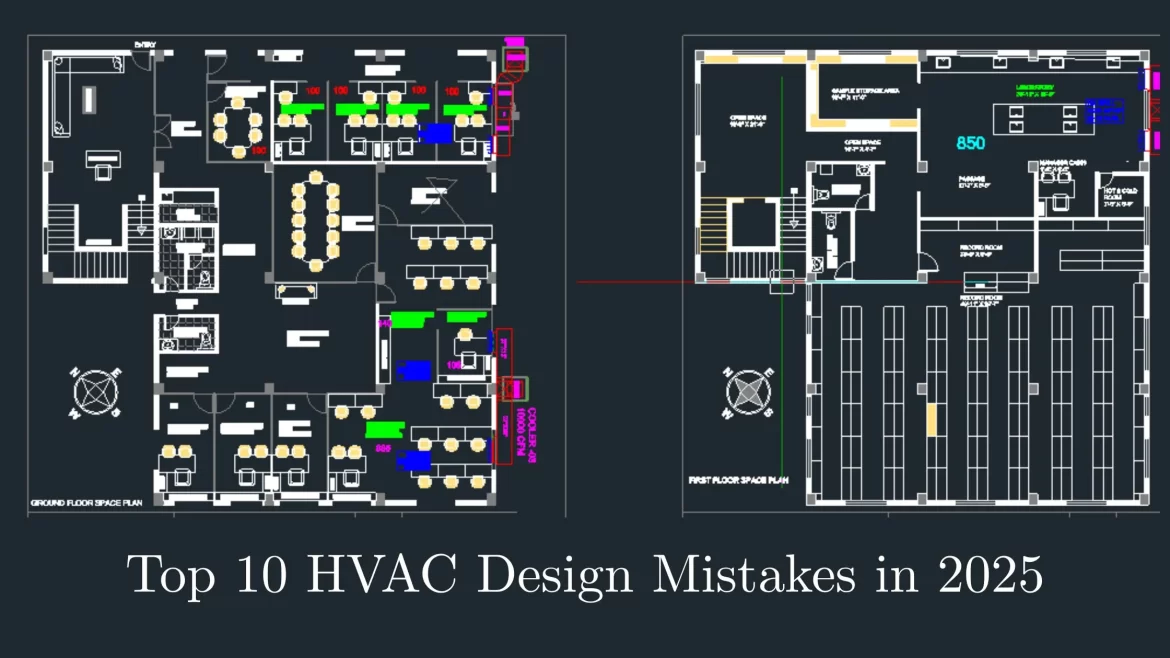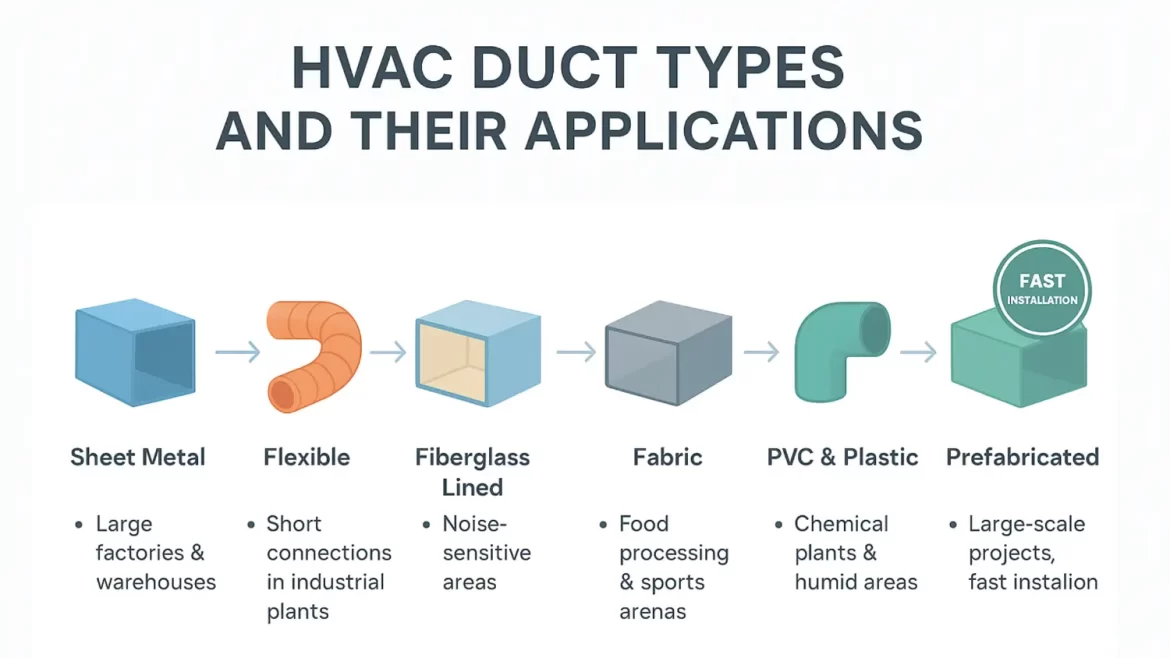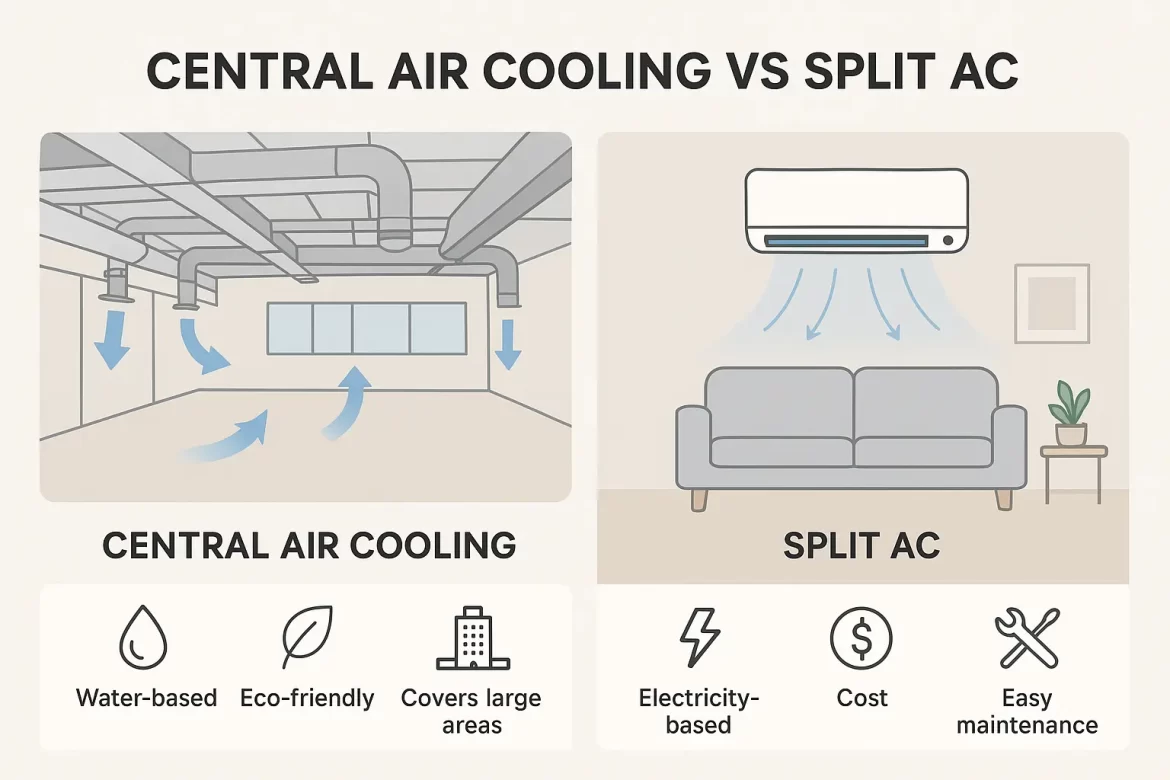Your HVAC equipment plays a vital role in maintaining comfort and air quality in your home or business. It regulates temperature, ensures proper ventilation, and filters the air you breathe. However, like any other complex system, HVAC systems require regular care and attention to operate efficiently. That’s where HVAC maintenance comes into play. Regular servicing can prolong the life of your equipment, optimize performance, and prevent costly breakdowns.
At Degree Day Pvt. Ltd., we understand how essential it is to keep your system running smoothly. In this blog, we will explore the benefits of regular HVAC service and why it’s crucial to the efficiency, health, and longevity of your system.
1. Improved Energy Efficiency
One of the most immediate benefits of regular HVAC maintenance is the improvement in energy efficiency. Over time, dust, dirt, and other debris can accumulate in your system, making it harder for your HVAC equipment to operate effectively. When parts such as filters, grills, and ducts are clogged, your system has to work harder to regulate temperature and airflow, thus using more energy in the process.
By scheduling regular HVAC service with Degree Day, you can ensure that all components of your system are clean and functioning optimally. This leads to less strain on your HVAC equipment, reducing energy consumption and lowering your utility bills. With a well-maintained system, you’ll enjoy consistent comfort while also reducing your carbon footprint.
2. Prolonged Equipment Lifespan
HVAC systems are a significant investment, so it’s important to protect them for the long term. Regular maintenance can significantly extend the lifespan of your Greencon HVAC equipment. When parts are inspected and replaced as needed, wear and tear are minimized. Early detection of issues can prevent small problems from turning into costly repairs or system failure.
Greencon service department inspects key components of all their equipment, checks for any leaks or malfunctions, and addresses them before they cause extensive damage. By investing in regular servicing, you can help your Greencon equipment last longer, saving you money in the long run.
3. Fewer Breakdowns and Repairs
No one wants to deal with an unexpected breakdown, especially during extreme weather conditions when your Air Cooling system is under the most stress. Regular machine maintenance helps to minimize the likelihood of these frustrating and inconvenient issues. By proactively inspecting and cleaning the system, Greencon technicians can identify potential problems early and fix them before they turn into costly, time-consuming repairs.
Regular service can also help identify worn-out or faulty parts that may cause the system to fail. By replacing these parts before breakdown, it reduces the chances of sudden inconvenience. Greencon enables fewer repairs, fewer service calls, and a more reliable HVAC system, allowing you to enjoy consistent thermal comfort year-round.
4. Better Indoor Air Quality
Greencon HVAC system doesn’t just control temperature; it also plays a critical role in your indoor air quality. The air filters in your system trap dust, pollen, suspended dirt, and other allergens, ensuring the air you breathe is clean and fresh. However, over time, these filters can become clogged and ineffective if not replaced regularly. This can lead to poor indoor air quality, which may aggravate allergies, asthma, and other respiratory issues. Greencon machines have an in-built de-dusting feature wherein the air cooling machine, when switched off, runs in an exhaust mode for a few seconds. This enables the de-dusting of filters and considerably increases their life.
5. Consistent Comfort and Temperature Control
An HVAC system that isn’t regularly maintained may struggle to maintain consistent temperatures, leading to hot or cold spots in your home or business. Inconsistent temperature regulation can be frustrating, especially during peak summer conditions.
Greencon team has regular service schedules fixed with all clients for the timely service of HVAC equipment installed by us. Our technicians ensure that the system is functioning correctly and that temperature control is as required.
6. Greencon Air coolers offer an annual Warranty and AMC
Many HVAC manufacturers offer warranties for their equipment, but these warranties often come with stipulations, such as the requirement for regular maintenance. Failing to follow the manufacturer’s recommended maintenance schedule may void your warranty, leaving you responsible for repair or replacement costs.
By scheduling routine maintenance of our machines, we ensure that your warranty remains valid. Greencon service technicians are professionally trained, thus making them familiar with the specific maintenance needs of air cooling systems. Hence, they perform all necessary tasks to comply with the warranty terms.
7. Enhanced System Performance
Over time, your HVAC equipment may experience reduced performance due to dirty filters, worn-out parts, voltage fluctuations, or other maintenance issues. These performance issues can lead to inefficient heating and cooling, inconsistent airflow, and higher energy costs.
Regular HVAC system service can help restore your machine’s performance to its original condition. With timely maintenance, the system will be able to deliver optimal airflow, maintain consistent temperature levels, and operate at peak efficiency, ultimately enhancing your comfort and reducing your energy bills.
8. Cost Savings in the Long Run for HVAC Maintenance
While it may seem like an extra expense, regular HVAC maintenance can actually save you money in the long term. By preventing major breakdowns, reducing energy consumption, and extending the life of your Greencon HVAC equipment, you’ll reduce the need for expensive repairs or premature replacements. Additionally, regular service helps your system run more efficiently, lowering utility costs.
Think of HVAC maintenance as an investment—by spending a small amount upfront for regular service, you can avoid larger, more costly expenses down the road. Regular maintenance ensures your system continues to perform optimally, thus providing savings, efficiency, and peace of mind. By partnering with Degree Day Pvt. Ltd., you ensure that your HVAC system runs efficiently and reliably, keeping your environment comfortable all year long.
Regular HVAC equipment service is essential for maximizing the efficiency, lifespan, and overall performance of your evaporative cooling systems. From reducing energy consumption to improving indoor air quality and preventing costly breakdowns, the benefits of routine maintenance are clear. A well-maintained Greencon HVAC system operates more efficiently, costs less to run, and provides consistent comfort for your home or business.
At Degree Day Private Limited, we specialize in expert HVAC Design Consultancy, Product manufacturing, and after-sales service tailored to your specific needs. Contact us today to schedule your next service and keep your Greencon system running smoothly.
Frequently Asked Questions (FAQ)
A: It’s best to service your Greencon HVAC system at least three times a year, ideally before the summer and winter seasons. Regular maintenance helps optimize efficiency, ensures consistent comfort, and prevents unexpected breakdowns.
A: Yes. A well-maintained HVAC system uses less energy because filters, ducts, and components stay clean. This lowers the strain on your equipment, reduces power consumption, and can significantly cut down your monthly electricity bills.
A: Skipping routine servicing can cause clogged filters, poor airflow, reduced indoor air quality, frequent breakdowns, and even void your equipment warranty. Regular HVAC maintenance protects your comfort, extends equipment life, and saves you money in the long run.






